Just like a growing number of companies are quietly stripping consumers of their right to a jury trial, so too are employers using workers’ contracts to insert clauses that prevent them from bringing lawsuits in court. Yesterday, a federal appeals court ruled that most Uber drivers signed away their rights to pursue legal action against the company, putting multiple lawsuits — and a potential $100 million class action settlement — at risk. [More]
forced arbitration

Lawyer: Employers Should Take Away Workers’ Right To Sue; Arbitrators “Know Where Their Bread & Butter Comes From”
The Consumer Financial Protection Bureau is currently working on rules to stop banks, credit card issuers, and others from forcing customers to sign away their right to a jury trial. Opponents claim that this change will only benefit trial lawyers, but some candid advice from one lawyer shows exactly why these protections are needed — and who really stands to benefit. [More]

9-In-10 Big Banks Strip Customers Of Their Right To Jury Trial
If you ask someone on the street if they should have the right to sue their bank over something like an illegal overdraft fee, nearly everyone you speak to will invariably say yes. But a new report confirms that nearly all big banks are forcing customers to give up their right to a jury trial. [More]
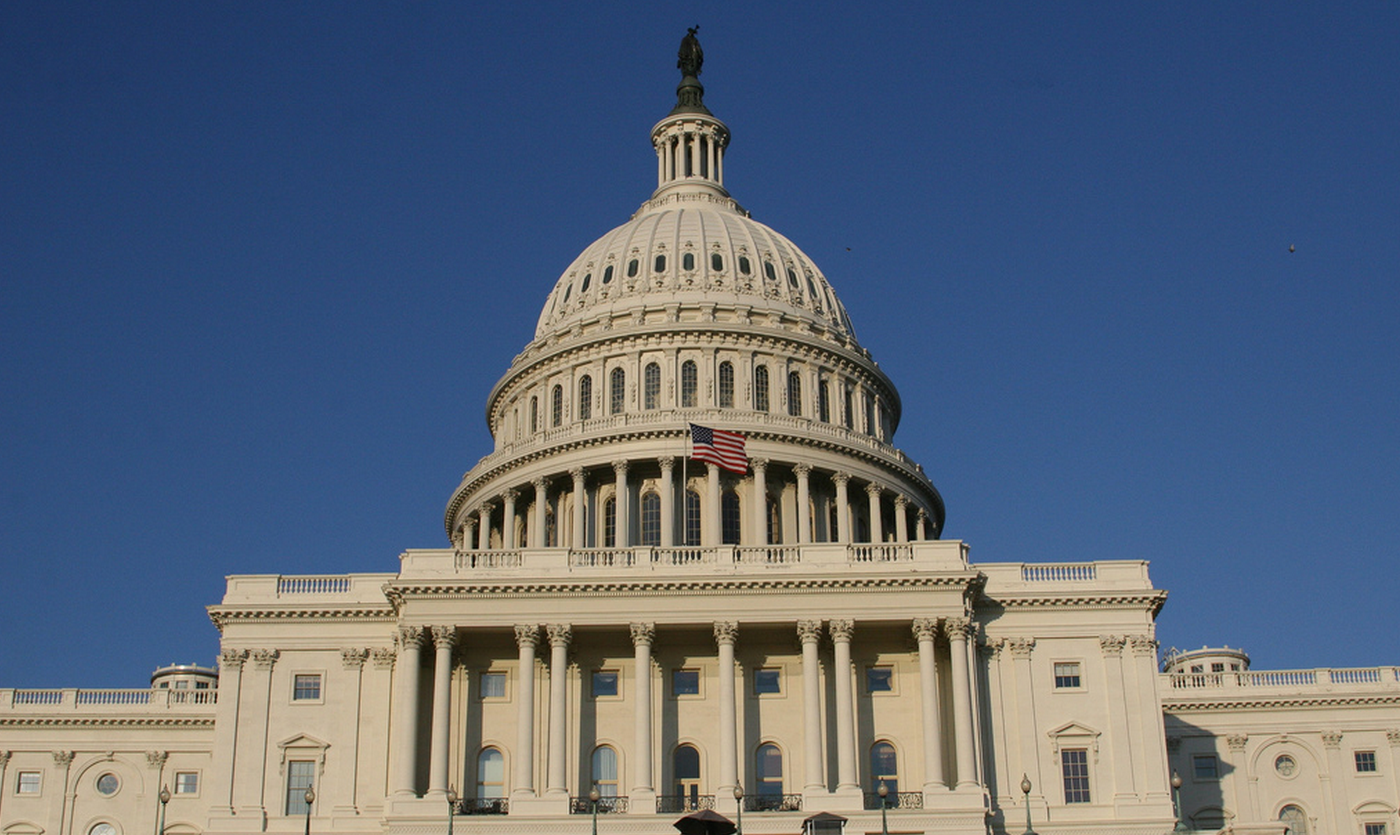
103 Lawmakers Come Out In Favor Of Revoking Banks’ “Get Out Of Jail Free” Card
In May, the Consumer Financial Protection Bureau proposed new rules for financial services companies that could severely limit their ability to sidestep legal liability by forcing wronged customers out of the courtroom and into the byzantine, unfair world of binding arbitration. Some in Congress recently tacked on some legislative pork to an appropriations bill that would prevent the CFPB from moving forward on these rules, but today more than 100 federal lawmakers came out to commend the Bureau for its efforts. [More]
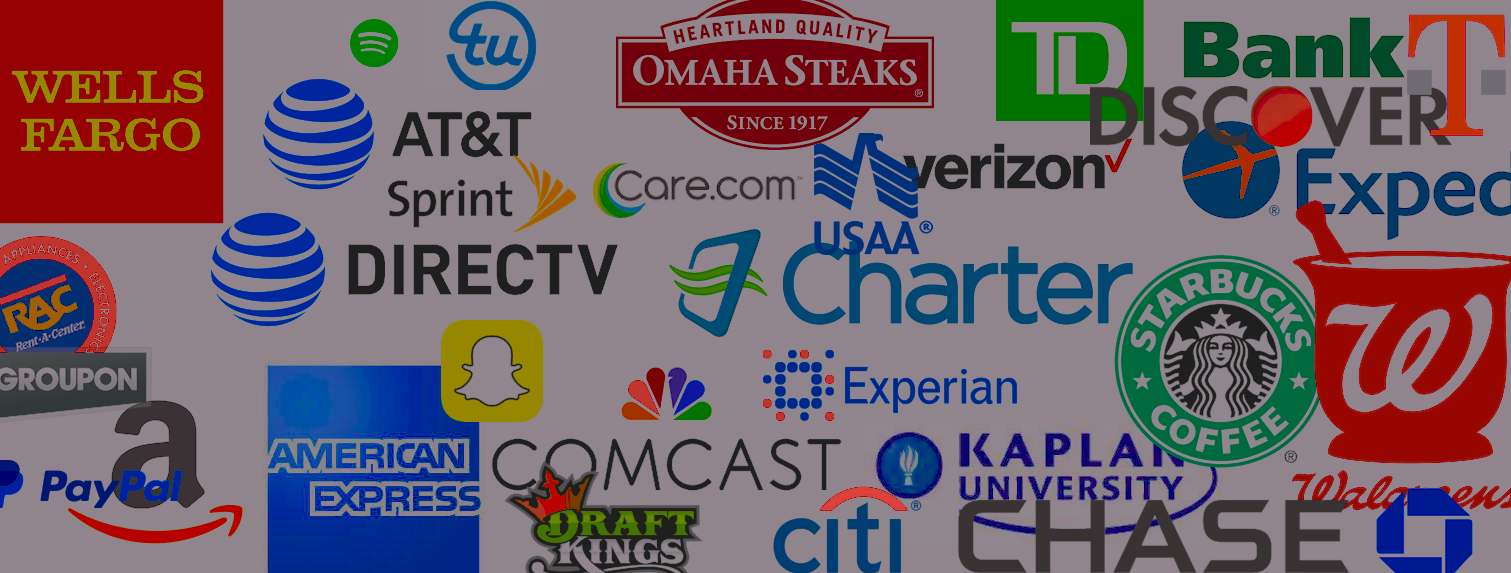
From Credit Cards To Mail-Order Steaks: 87 Companies That Are Taking Away Your Right To Sue
A recent study by the Consumer Financial Protection Bureau found that even though most Americans have at least one financial product — checking accounts, credit cards, loans, investment accounts — that use forced arbitration clauses to strip the account-holder of their right to sue, very few of us know about these restrictions or understand what they mean. And as the list we’ve compiled shows, it’s not just banks that are playing the “get out of jail free” card with arbitration. [More]
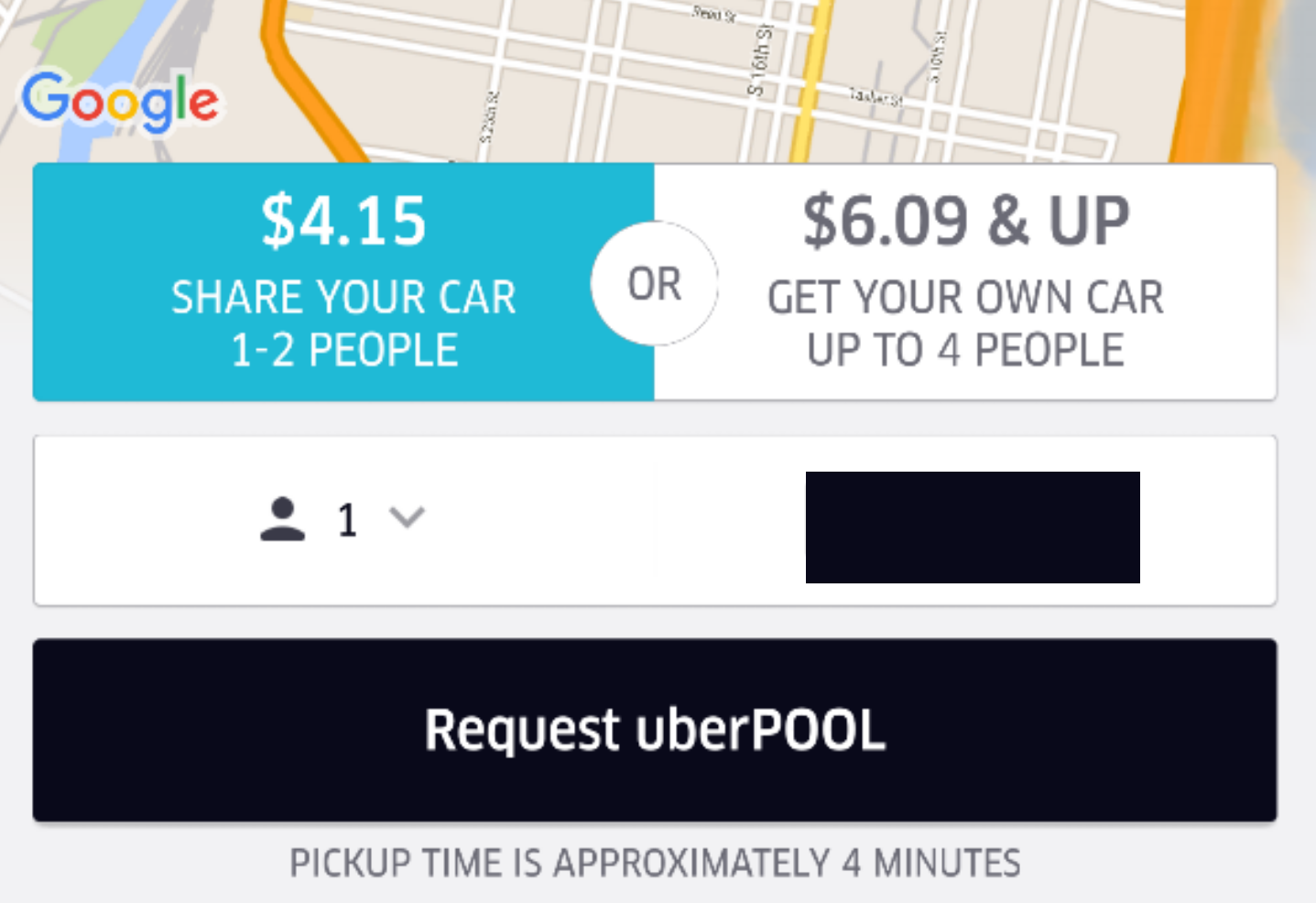
Judge Shreds Uber; Says Company Can’t Prove Riders Are Giving Up Right To Sue
Uber, like a large and growing number of companies, has a clause in its terms of use that prohibits customers from suing the company or joining together in any sort of class action against the ride-hailing service. However, a federal judge recently scolded Uber over this contractual gamesmanship and deemed this particular clause unenforceable because the company can’t prove that users actually agreed to these terms. [More]
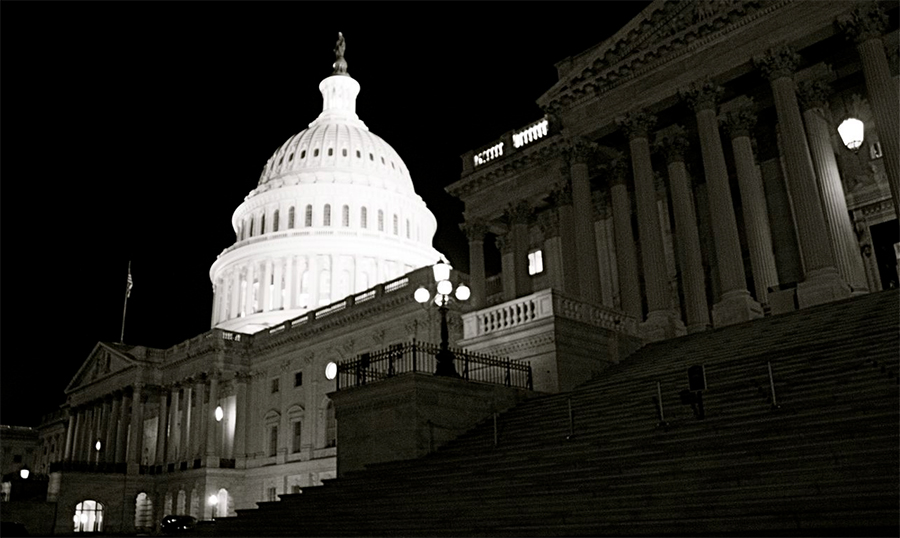
House Passes Bill Allowing Banks To Continue Using “Get Out Of Jail Free” Card
A few months back, the Consumer Financial Protection Bureau proposed new rules that would limit how banks, credit card companies, and other financial services could shield themselves from legitimate lawsuits by forcing customers to sign away their constitutional rights. Now, the House of Representatives has passed an appropriations bill that, if signed, would stop the CFPB from enforcing these rules and give banks back their “get out of jail free” cards. [More]

Google Fiber Copies Comcast, AT&T; Forces Users To Give Up Their Legal Right To Sue
Since its introduction in Kansas City, Google Fiber has presented itself as a disruptive force in the pay-TV and internet markets, offering high speeds for reasonable prices, and bringing new competition to markets generally dominated by a single provider. So it’s disappointing to learn that Fiber has decided to follow in the footsteps of AT&T, Comcast, Verizon, Time Warner Cable, and other reviled providers by quietly stripping its customers of their right to sue the company in a court of law. [More]

Proposed Rule Stops Colleges From Stripping Students Of Their Right To Sue
A recent study found that almost all of the nation’s largest for-profit college chains have enrollment agreements that block students from suing the school and prevent them from joining in class actions against these colleges. Following the 2015 bankruptcy and collapse of mega-chain Corinthian Colleges Inc., the sagging numbers at University of Phoenix, last week’s death knell for Brown Mackie College, and pending investigations and lawsuits against ITT and others, the Department of Education has decided that maybe these schools — which reap billions in federal aid each year — should probably have to be held accountable in a court of law when they screw students over. [More]

210 Law Professors Agree: Banks Should Not Be Able To Sidestep Legal System When They Break The Law
Earlier this month, the Consumer Financial Protection Bureau proposed rules that would make it more difficult for banks, credit card companies, and other financial services to stripping customers of their constitutional right to file lawsuits against these companies. The 90-day public comment period has finally opened on this rule, and the first one comes from a chorus of 210 law professors who all agree that consumers deserve the right to their day in court. [More]

University Of Phoenix To Stop Stripping Students Of Their Right To Sue School
A recent study found that student enrollment agreements at virtually all of the nation’s biggest for-profit colleges have forced arbitration clauses that strip students of their rights to file a lawsuit against the school, and in most cases bar students from joining their similar or identical disputes together. Under pressure from lawmakers and consumer advocates who questioned how these schools could continue to take billions in federal aid while trying to avoid accountability in the courtroom, the nation’s biggest for-profit educator has decided to stop using the controversial arbitration clauses. [More]

The 3 Myths Banks Are Using To Defend Their “Get Out Of Jail Free” Cards
Earlier this month, the Consumer Financial Protection Bureau proposed rules intended to restore some of those constitutionally granted rights that the Supreme Court has stripped away in recent decades. Faced with the possibility of having to be held responsible for their bad actions, some industry groups are coming out in force against the rules, presenting the same laughably thin argument that consumers ultimately benefit by not being able to sue the companies they do business with. [More]

Proposed Rules Would Take Away Banks’ “Get Out Of Jail Free” Card
Many bank accounts, and almost all credit cards, wireless services, private student loans, and payday loans contain clauses in their contracts that strip consumers of their right to sue these companies, and their right to join others in a class action, effectively allowing businesses to sidestep the legal system. While lawmakers in Congress debate the issue, and the U.S. Supreme Court has repeatedly given its approval to these practices, the Consumer Financial Protection Bureau is making good on its pledge to restore consumers’ constitutional right to having their day in court. [More]

Screwed Over By A For-Profit College? You Probably Signed Away Your Right To Sue
When Corinthian Colleges Inc. collapsed, leaving thousands of students in the lurch with student loan debt and credits that they didn’t know would be usable at other schools, they were generally unable to sue the failed for-profit educator because the students had unwittingly signed away their right to a jury trial or class action. CCI wasn’t the only for-profit operator with this anti-consumer practice, and a new report tries to get a grasp on the scope of the problem. [More]
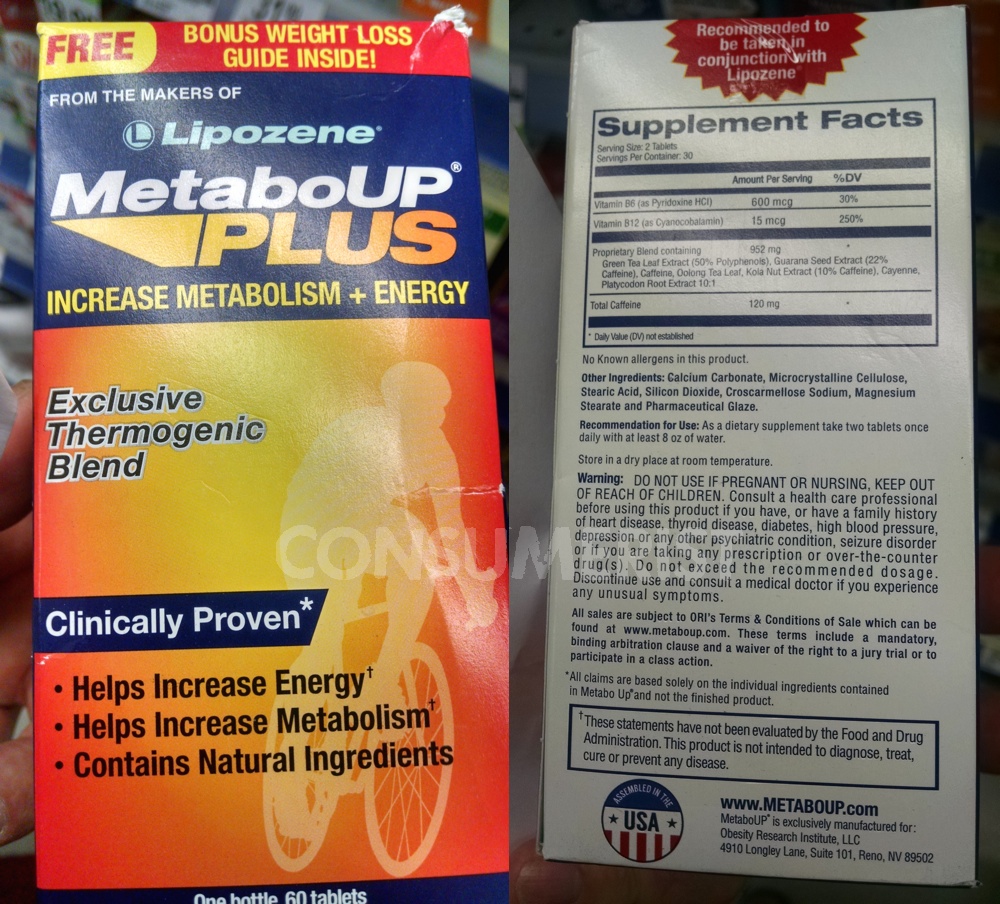
Take This Weight-Loss Supplement And Give Up Your Right To A Jury Trial
If you wanted to get an idea on the ridiculous overuse of forced arbitration, here’s one of the more absurd examples we’ve seen — a weight-loss supplement with the added non-benefit of stripping users of their right to sue the company that made the pills. [More]

New Bill Could Stop Cable & Phone Companies From Taking Away Customers’ Right To Sue
Five years ago today, the U.S. Supreme Court sided with AT&T, ruling that companies could use a couple paragraphs of legalese buried deep in unchangeable user agreements to strip customers of their right to file a lawsuit. An upcoming piece of legislation seeks to restore that right for telecom customers. [More]

You Can Now Opt Out Of Snapchat’s Arbitration Clause — Here’s How
Popular messaging service Snapchat has had a binding arbitration clause — which takes away a user’s right to sue the company — in its user agreement since 2014. Yesterday, Snapchat updated its terms to give users 30 days to opt out of this anti-consumer restriction on their legal rights. [More]



